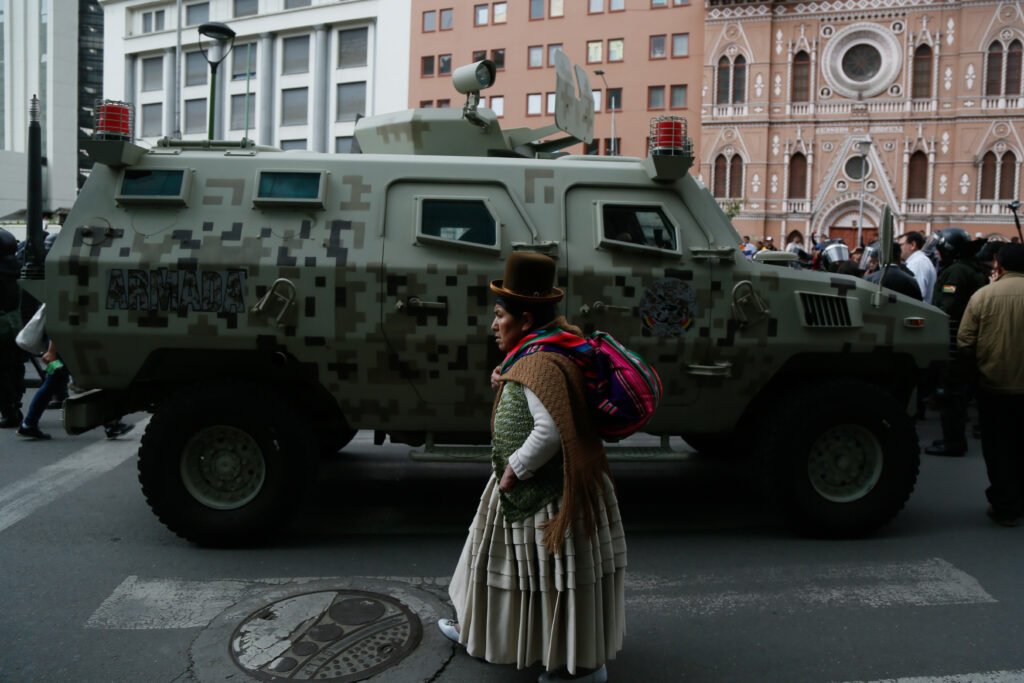
The Stability of the Military in Latin America.
Latin America has a long history of political instability, and one of the key factors that contribute to this is the stability of the military. The military has played a significant role in the region’s politics, often intervening in the affairs of the state. In this blog post, we will examine the current state of the military in Latin America and explore whether it is stable or not.
The Legacy of Military Intervention
Throughout the 20th century, Latin America witnessed numerous military coups and dictatorships. Countries like Argentina, Chile, Brazil, and Uruguay experienced periods of military rule, characterized by human rights abuses and political repression. These dark chapters have left a deep mark on the region’s collective memory.
However, in recent decades, there has been a notable shift towards democracy in Latin America. Most countries have transitioned from military rule to civilian governments, and democratic institutions have been established. This transition has brought about a decrease in military intervention in politics.
Modern Role of the Military
Today, the military’s role in Latin America varies from country to country. In some nations, such as Chile and Uruguay, the military has undergone extensive reforms to ensure its subordination to civilian authority. These reforms have aimed to create a professional and apolitical military that focuses solely on national defense.
Contrastingly, other countries like Venezuela and Bolivia have seen a resurgence of military influence in politics. This has raised concerns about the stability of their democratic systems. The military has been involved in decision-making processes and has even supported autocratic leaders.
Factors Influencing Stability
Several factors contribute to the stability of the military in Latin America:
- Civilian Oversight: The presence of effective civilian oversight mechanisms is crucial to ensure the military’s subordination to democratic institutions. Strong civilian control helps prevent military intervention in politics.
- Professionalization: A professional military, focused on national defense and separated from politics, contributes to stability. Professionalization includes the development of a merit-based promotion system and the establishment of military academies.
- Commitment to Democracy: The military’s commitment to democratic values and respect for human rights is paramount. This commitment ensures that the military does not become a threat to democratic governance.
The Way Forward
While the stability of the military in Latin America is a mixed picture, there is hope for improvement. In recent years, some countries have taken steps to strengthen democratic institutions and civilian control over the military. These efforts include promoting human rights education within the armed forces and establishing mechanisms for accountability.
International cooperation also plays a crucial role in fostering stability. Organizations like the Organization of American States (OAS) work towards promoting democracy and human rights in the region. By supporting these initiatives, the international community can contribute to a more stable military in Latin America.
Conclusion
The stability of the military in Latin America is an ongoing challenge. While progress has been made, there are still countries where the military’s involvement in politics raises concerns. To ensure stability, it is essential to strengthen civilian oversight, promote professionalization, and foster a commitment to democracy within the armed forces. Through these efforts, Latin America can continue its journey towards a more stable and democratic future.
Have a query? Contact Us
